Move-to-earn apps (especially in Web3) are pretty common, but Nceno was the first "move-to-keep" app. It leverages loss-aversion to help users keep their fitness goals.
The app itself was developed using jQuery and bootstrap for the front end, Python (flask) for the backend, MongoDB for the database, Strava API for workout data retrieval, Ethereum blockchain with Solidity smart contracts for escrow, and the Optimism Layer 2 network for transaction speed and cost reduction. Users would set an activity goal in the smart contract via the UI (e.g. 50 minutes, 3 times per week, for 6 weeks) and commit some amount of money to their progress (USDC locked in the smart contract).
The user would then perform workouts, verified by an inexpensive heart rate monitor (e.g. a Fitbit) and the Strava API. As a user recorded workouts during the week, they could redeem them for random portions of their stake. If they met their activity quota for the week, they would get the opportunity to claim a piece of the "challenge" pot (a portion of the total lost stake for the week from people in the challenge). If they did not meet their quota, they would lose a portion of their stake to the challenge pot. While it can be fun to earn a reward for your effort towards a fitness goal, the pain that the user feels from losing something they already had is greater than the feeling of gaining something extra, resulting in better adherence to their goal than reward alone. In this way, Nceno became a win-win for both types of users- those who wanted a fresh way to stick to their fitness goals, and those who wanted to monetize a fitness habit they may have already formed.
Nceno was the basis of a startup that I founded, and on which I worked together with a team of 4 people from 2017-2020. On this team, I was the lead developer and in charge of product management. Over the span of 3 years, we designed a prototype, built and launched an MVP as a web app, and then pivoted to a corporate wellness model where we had a few large companies as clients. However, the COVID-19 pandemic hit, and we were unable to continue the business, as companies started to cut back on their wellness budgets.
This was an excellent exercise in product management and user-centric problem solving. Nceno manifested in no less than 4 different forms as we added, removed, tweaked, and refined different features for the customer and user. I've recently refactored the codebase to its original single-player model for my own personal use, as it's still a powerful tool to keep me motivated week-to-week. Below are some screencaps of it in action, as well as an excerpt of a grant proposal I wrote for the project resulting in a grant from the Taipei City Government.
While it can be fun to earn a reward for your effort towards a fitness goal, the pain that the user feels from losing something they already had is greater than the feeling of gaining something extra.
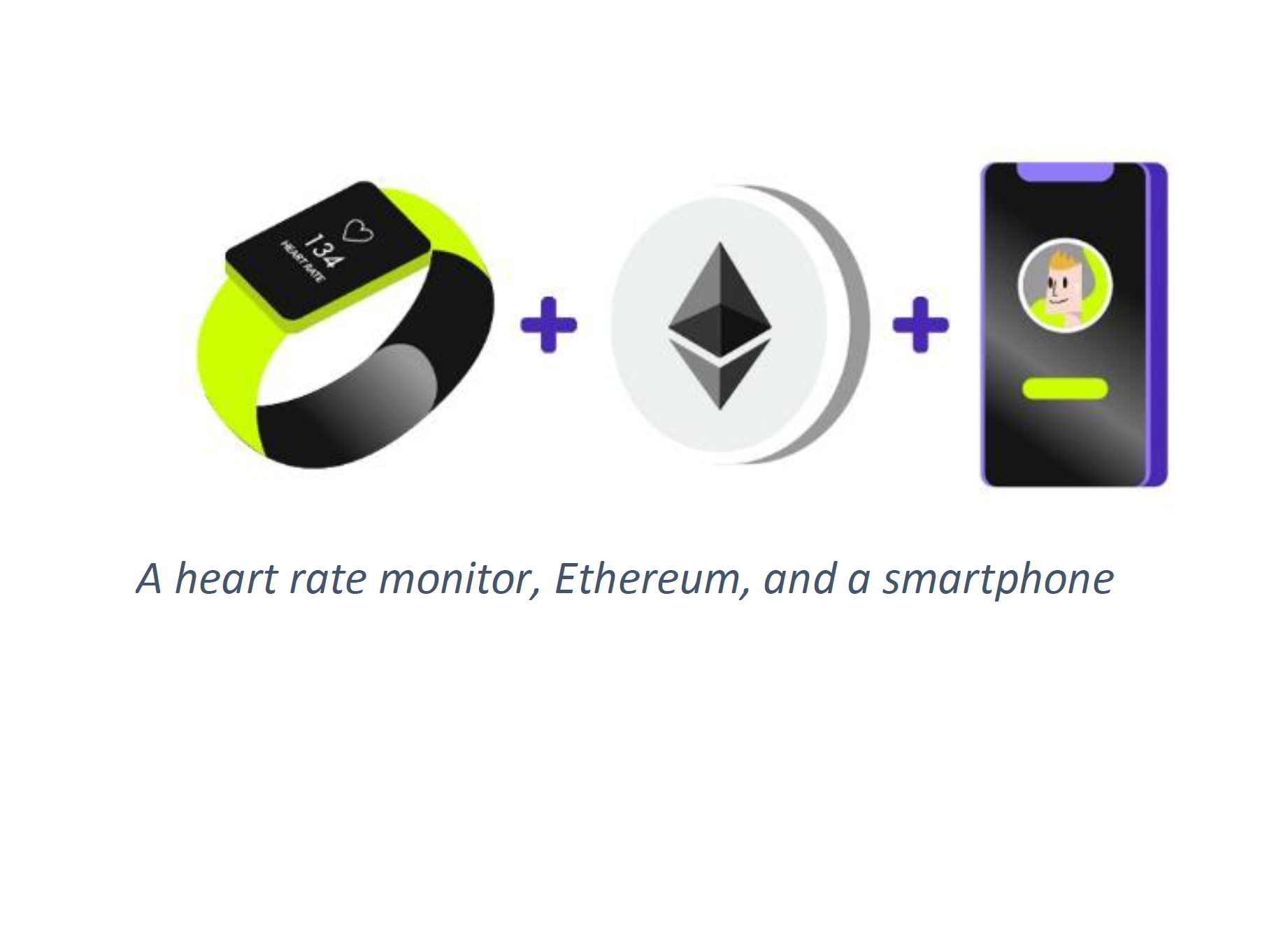
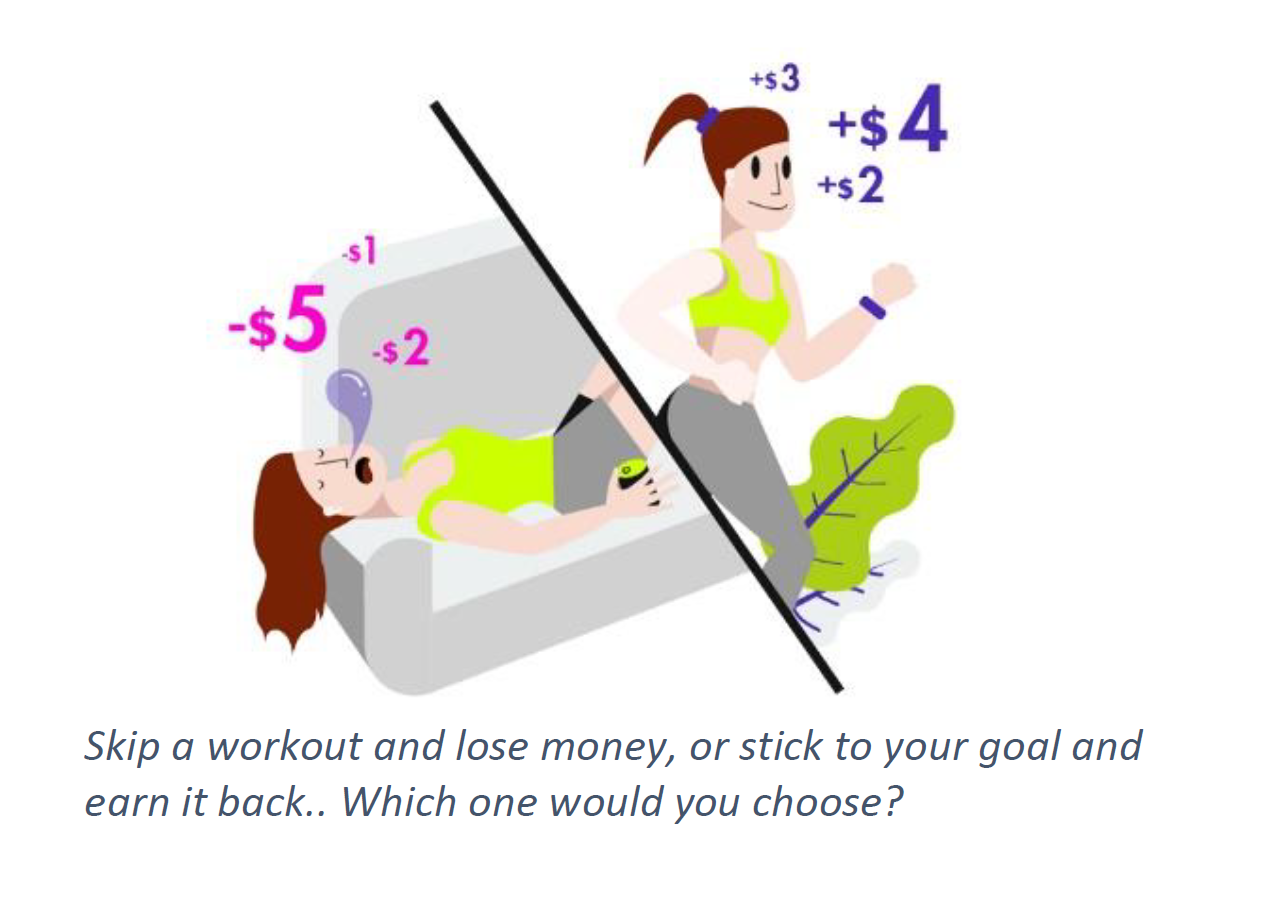
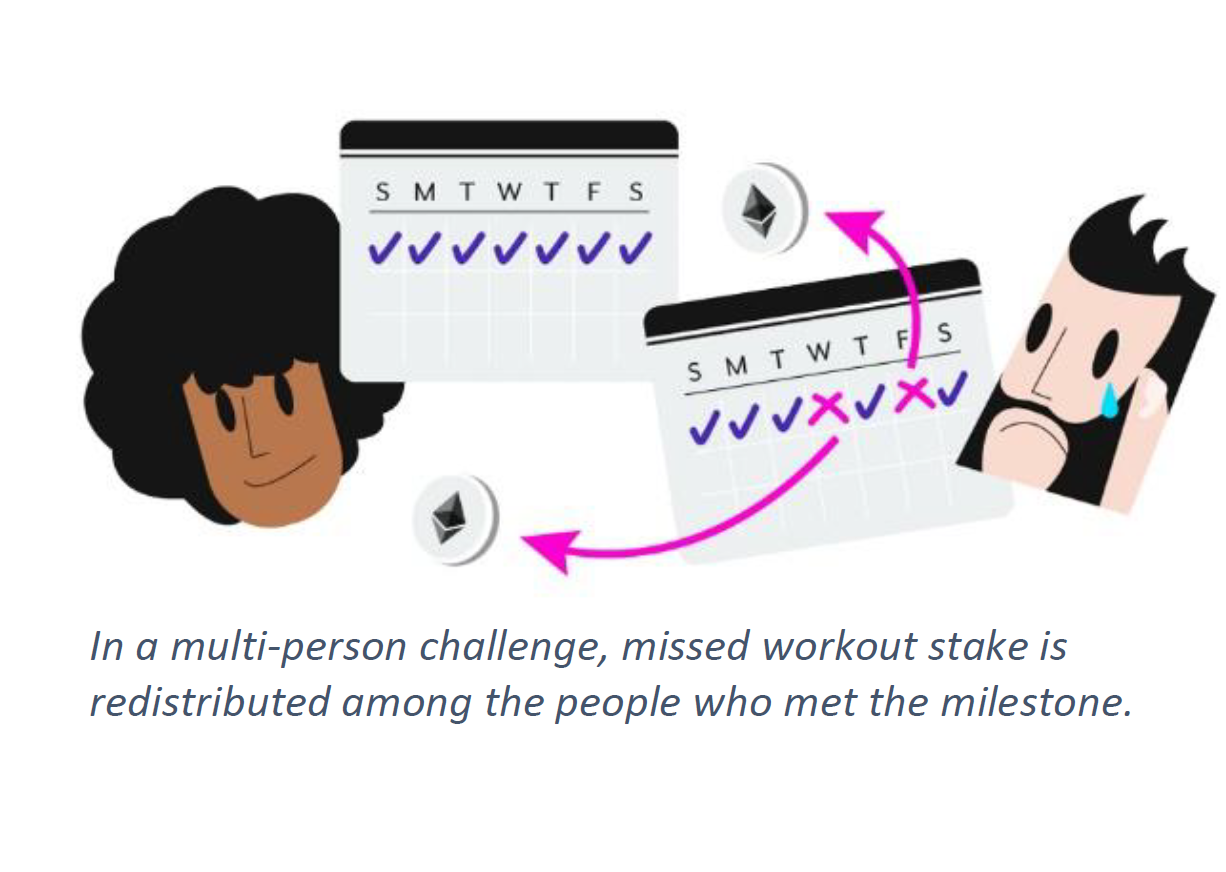
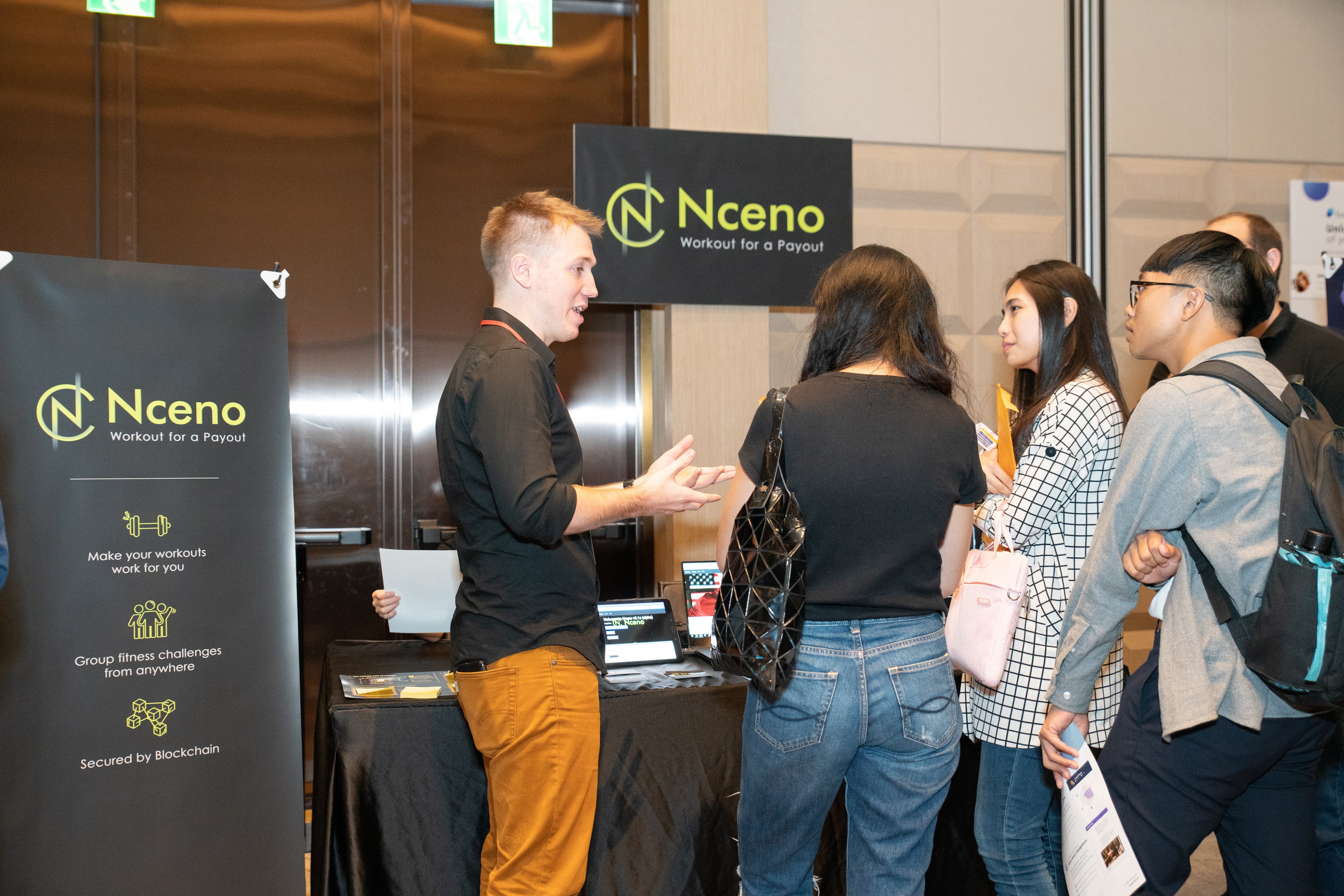
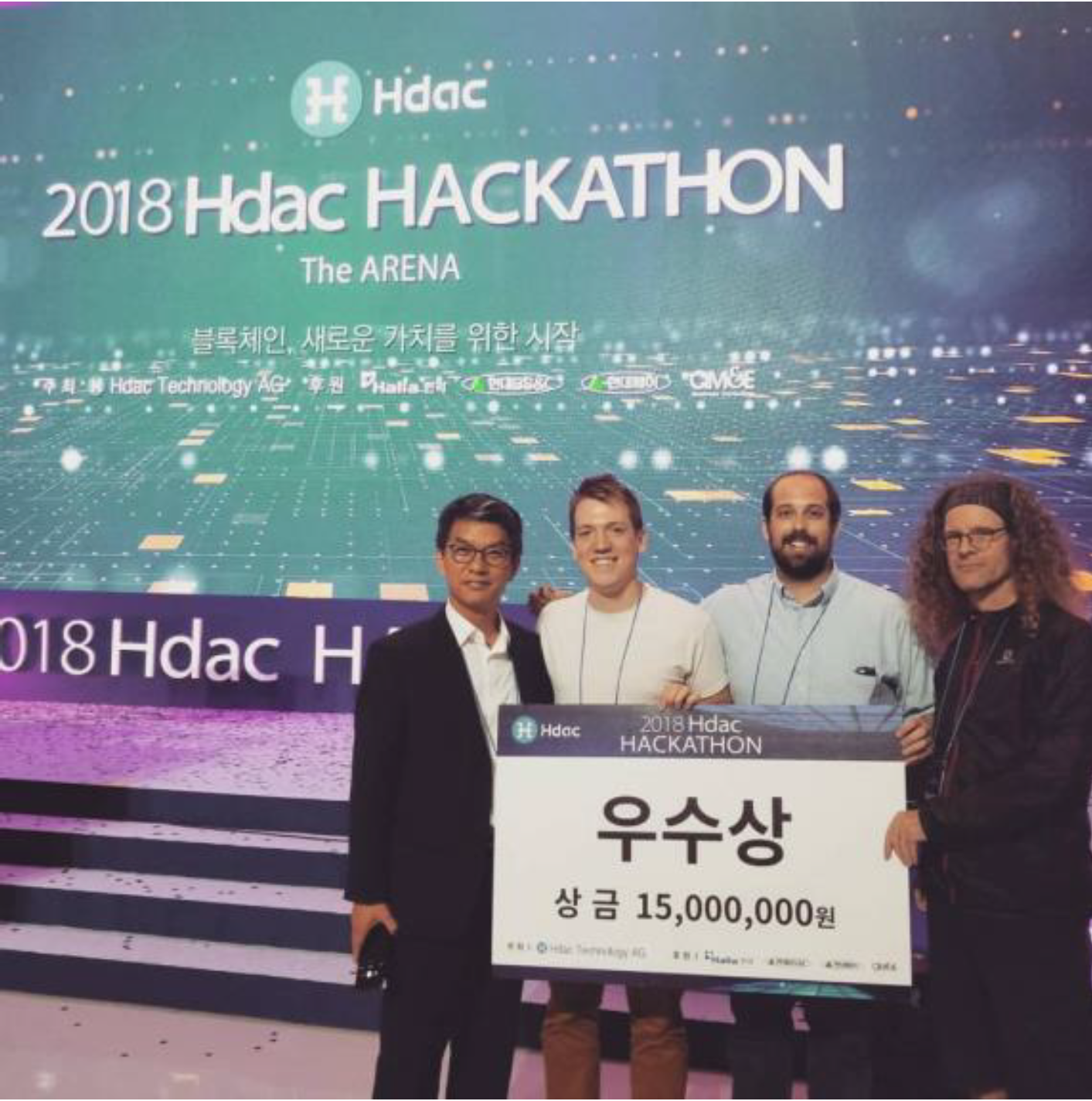

Notice: for source code inquiries, reach out to me on Linkedin